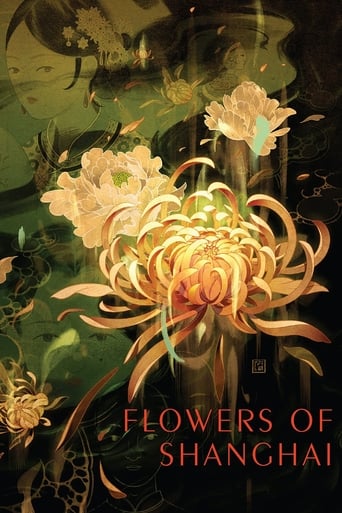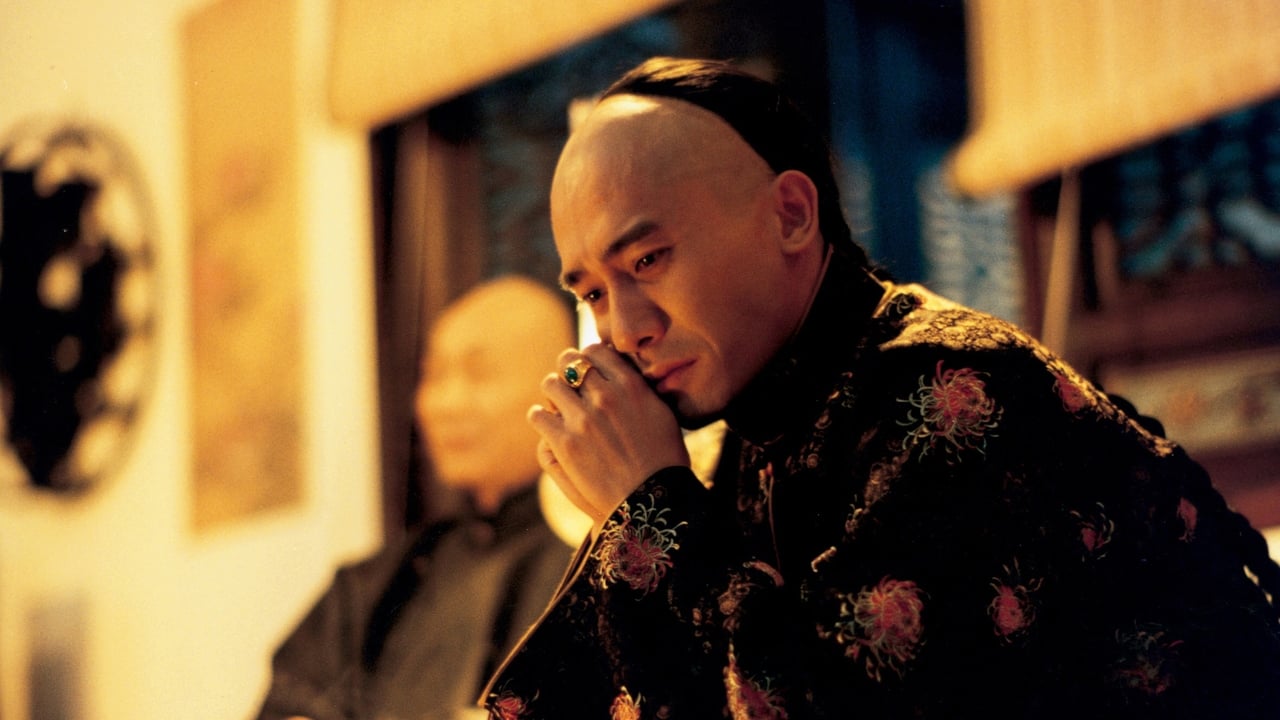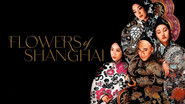dragonladywest
I find this movie to be slow paced and boring, while it brings up the subjects of class, gender and the down falls we take in life splendidly. I found my self wishing that this would end quickly, this film almost seemed like it was in a haze the character stuck the ruts of life, trying to claw their way out. Included in this film was heavy opium use, this I found interesting. The costuming while beautiful and drool worthy added very little to these indecisive characters.Slowly true intentions are brought to the surface and a bit to slowly, the crispness that often appears in films of this nature is gone leaving you with a gritty feel. I am sad to say that this barely passes the test, despite its many awards and nominations I found myself bored. Not the worst but also not best.
Robert
First, a disclaimer: I love so-called "art films", from Cocteau and Eisenstein to David Lynch and Krystof Kieslowski. I have a long attention span and am willing to extend considerable effort towards appreciating any work of art.Having said that, The Flowers of Shanghai was largely a disappointment. Yes, the sets and costuming are sumptuous. True, the mood evoked by the film is seductive. And the subject matter--the relationships between courtesans and their clients--is at least provocative. But for a number of reasons, Hou fails to deliver a film that rises above those elements.The reasons are many. First, the plot is minimal--hardly compelling--mostly relying upon the petty machinations between the courtesans and the clients who try not to become too involved with them. But such a minimal plot can only engage if we become involved in the characters, and this is very difficult to do.That's problem number two: the characters simply aren't compelling. The men tend to be equivocal and emotionally distant. The women tend to be shallow and manipulative. Since there are essentially no close-up shots, and the physical expressions are very restrained, we have no sense of people's emotional states. There is not one character that we can really care about.Third: the editing is leisurely. Really leisurely. Glacial. Very few directors can pull off a five minute interior shot with almost no dialogue or action; Ozu was one. But Hou--although better than many contemporary directors--isn't up to Ozu's level by a long shot. Hou's scenes, unlike Ozu's, don't so much engender our contemplation as they engender tedium. A director has to be able to recognize when a scene has come to the end of its life; this he doesn't seem to be able to do.A note to the curious: every shot in this film is an interior shot; you never see the outdoors--not even the sky through the windows. And despite the subject matter and the warnings of adult content on the box, there are no sex scenes; there is no nudity. Structure-wise, the film depicts three activities: men playing "rock, paper, scissors" around a table, people having their little dramas in private, and people brooding.That's basically it.I would like to be able to say that The Flowers of Shanghai was more than just a 2-hours-plus visual curiosity, but it simply isn't. And more the shame because of its wasted potential.
nycsean
I have to disagree with the previous poster on this film, I thought it was fantastic and moving. It tells the stories of a set of turn-of-the century courtesans and their client in Shanghai. About 20 characters revolve in and out, yet the director has expertly chosen to focus on key moments and conversations. The movie never leaves the internal rooms of the brothels or "flower houses", and you feel a sense of the entrapped social circumstances that ensnares all the characters. The cinematography is beautiful, taking advantage of low-lighting and inner spaces.
allyjack
The movie is told through scenes shot mainly (perhaps solely) in a single shot of slow, composed movement - it never moves outside; it's utterly claustrophobic and hermetic. In the beginning it's too much of a whirlpool of characters to be assimilated, but then the audacity of the structure starts to clarify - some of those initial people never seem to be seen again, whereas others recur - slowly building a theme of the flower girls' aspirations to freedom or at least self-determination. There's no overt passion here, no nudity, no sex - motivations remain somewhat obscure although they're obviously born in an intricate subculture of sexual politics and social hierarchies - these are unfolded gradually, but remain as formalized and inaccessible as the strange game the men continually play (that just seems to consist of words and hand movements). There's a sort of resigned serenity to the way that some stories but not others find closure, and the camerawork evokes a calm, mystic eye - finding moments of truth but never yielding its mystery.


 AD
AD




